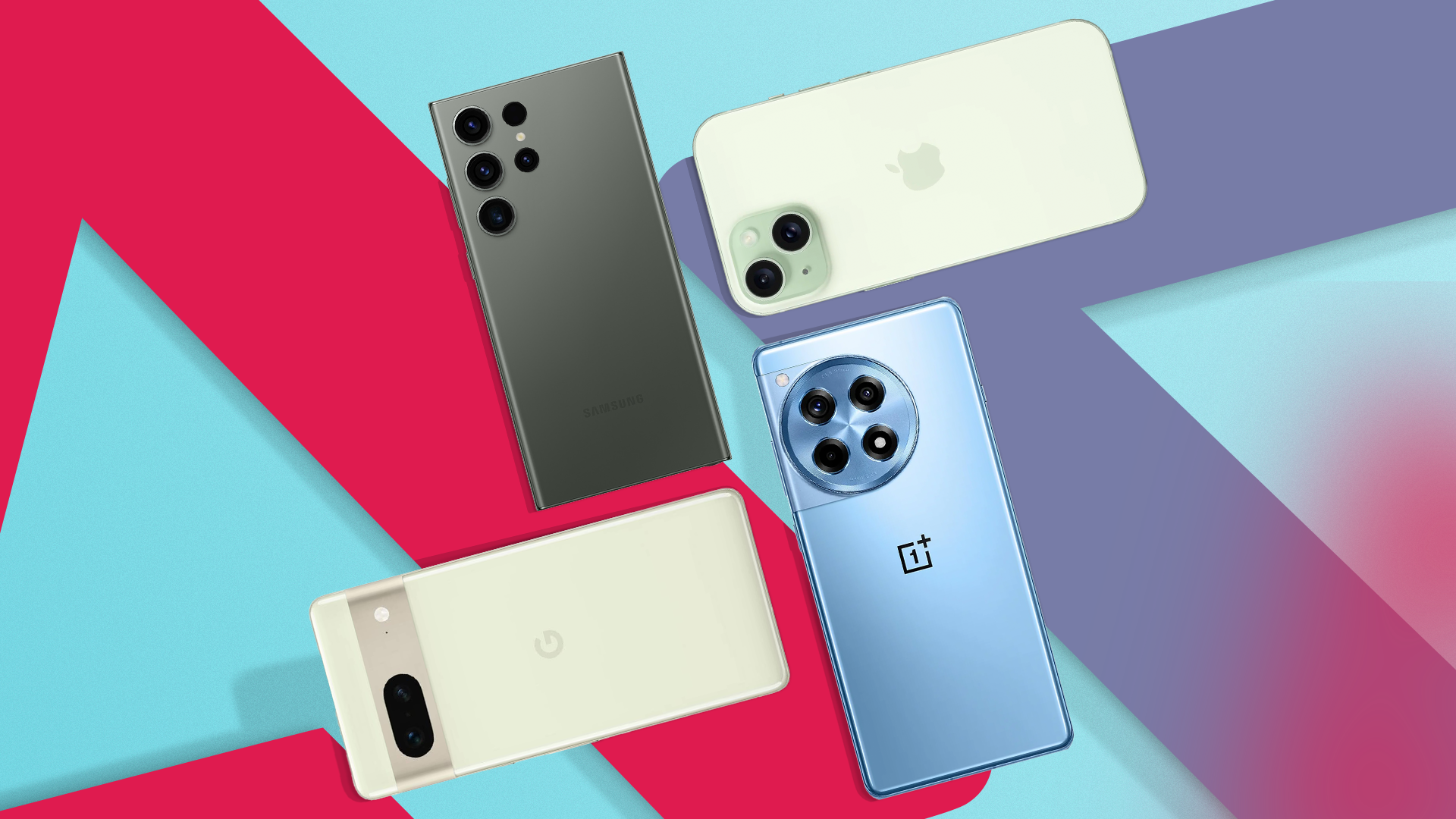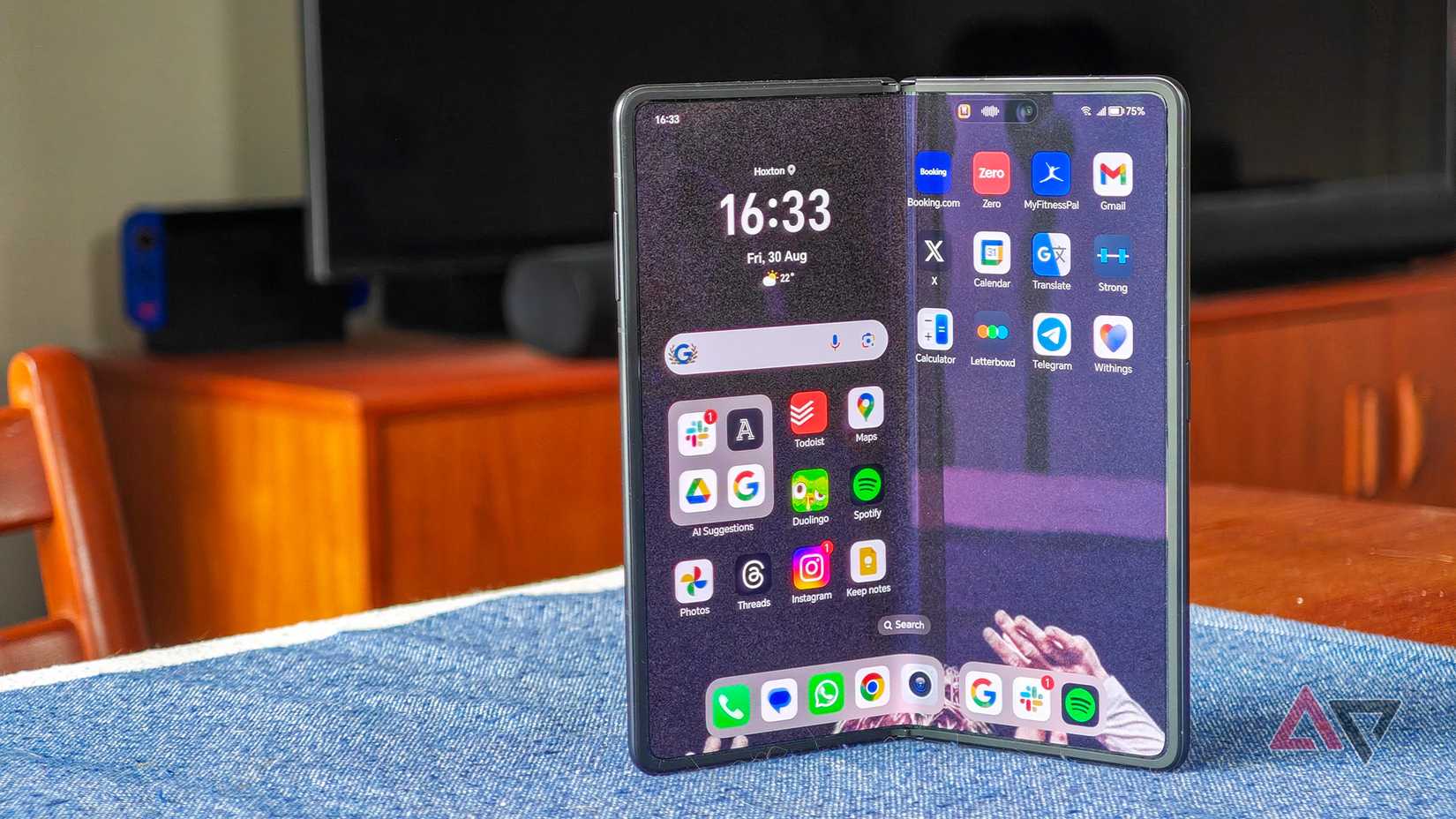When I am buying a new smartphone, one of the biggest considerations is battery life. I’ve been in too many situations where the battery isn’t enough, even if it lasts me the whole day.
I depend on my smartphone for Google Maps and mobile connectivity when I’m in a remote location (it is my safety net). The battery life has to last and cover the whole day without cutting it close.
Owning a smartphone with ample battery life reduces stress. I don’t have to worry about losing access to apps, not being able to view my schedule, and not being able to review my important notes/to-do list.
I depend heavily on my smartphone, and if I can’t charge it when I need to, I panic.
Battery-saver mode doesn’t solve these problems. It often overly optimizes my phone usage, making it difficult to use apps when I need them.
So, it comes down to the native hardware, how long my smartphone battery lasts, and how well I keep it tuned. However, this is why it is important to me and why it might be a consideration for you, too.
Why does having a healthy battery matter?
Besides not feeling pressured to update your phone yearly or biannually, you can have it last as long as you’d like until you’re ready to upgrade it.
It helps reduce smartphone waste by not having to give in to planned obsolescence (or pay extra for a battery replacement).
A smartphone with excellent battery life brings longevity. That’s why battery practices matter. Even if the capacity is big and the CPU is well-adjusted with your smartphone use, you still have to treat it with care.
Preserving the battery makes it last longer
Wear and tear are inevitable, especially if you use it as your everyday phone. You can reduce wear and tear by optimizing your usage, focusing on better charging practices, and utilizing your battery settings effectively.
For example, it is rare for me to have my phone go beyond 85% in charge (I set it to 80% sometimes, but not always), and I will only have it over 90% if I need to go on a trip.
I set my battery protection preferences inside my device settings to make sure I abide by those rules.
Installed apps can impact the battery
I also care about the apps I use. Not all apps are gentle on your device’s battery. Some apps drain more battery than others.
I try to uninstall apps that do more harm than good for my battery, as there are plenty of app alternatives to the main ones I want to use.
For gaming, I prefer to install new games on a different phone to preserve the battery of my primary one.
These practices help maintain the battery, which is crucial if I want my device’s battery to be similar after a year of use.
Long-lasting batteries dictate my next smartphone choice
If I had to pick another brand outside of Samsung, I would easily pick OnePlus. Unfortunately, I’d likely never make the complete switchover because I prefer OneUI over OxygenOS. However, it is still tempting.
The main reason is the impressive battery life of the OnePlus 12 and 13.
But I always remind myself that Samsung isn’t that far behind. Some of the newest models (especially if you go for the premium Galaxy ones like the S25+ and the Ultra) for Samsung have excellent battery life.
For my next smartphone upgrade, I’m hoping to go for the Galaxy S25+ instead of the regular S25, just for the battery.
The regular S25 sports a 4,000mAh battery, whereas the S25+ is a little bigger, being a 4,900mAh battery in size (both are powered by the same chipset, the Snapdragon 8 Elite).
We don’t know what the Pixel 10 series will have for its battery, but I have never bought a Pixel, nor do I plan on getting one (the OS experience is too vanilla for me — I like custom UI skins). The Pixel 9 series has a solid (enough) battery.
Still, for the best experience (if I had to choose), I’d consider upgrading to the premium Pro or Pro XL version, since the Pixel 9 could use some improvement in this area.
I lose communication when my smartphone is dead
One of the biggest reasons (and surely everyone’s) why we own a phone is to have access to calls and messages.
My mom sends important texts to my phone, and when she receives a message that I am offline (I use RCS messaging), she gets a lot of anxiety.
I can’t blame her for feeling this way when phones have become so vital for communication across long distances.
I try to avoid my phone dying completely (you should as well). However, due to unfortunate circumstances from over a month ago, I encountered issues with my Galaxy S23’s battery after updating to OneUI 7.
My Galaxy 23 doesn’t usually have these types of hiccups, and I’ve treated it gently since I bought it.
For a little while, I wasn’t able to avoid those awkward moments when my phone would shut down to preserve the last few percent of the battery.
That’s why I prefer to keep my battery lasting throughout the day and have the majority of the downtime while I’m sleeping. That way, no one would expect to get a hold of me while I’m asleep.
Evaluating the importance of smartphone batteries
We might be living in an age where gaining access to an outlet isn’t tricky, but it doesn’t mean we should feel forced to. Nor should we necessarily need to interrupt our routine to charge our devices.
For example, sometimes my walking schedule changes because I’m waiting for my phone to charge to 30% before I start (I enjoy listening to music while walking).
As a creature of habit, I find an inconsistent schedule can throw my day off. If my smartphone battery were more reliable, I wouldn’t encounter this type of challenge each day.
There are accessories you can use to charge your phone, like power banks. But nowadays, I only use power banks during emergencies (power stations are better, but I like to keep the costs down) when my power has gone out, and I need my phone to see restoration updates.
This can happen to anyone in unexpected situations, but having your phone with you is crucial to getting through it.
Even with all the slight inconveniences losing charge has throughout a regular day, when you need it most in an emergency, that’s where having a reliable smartphone battery matters most.





